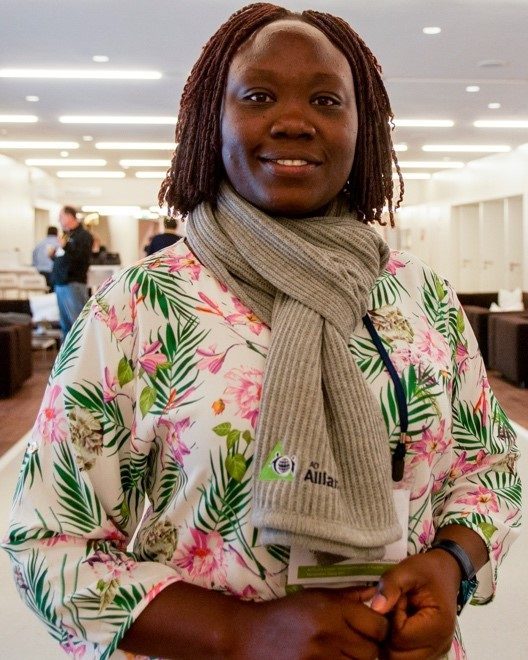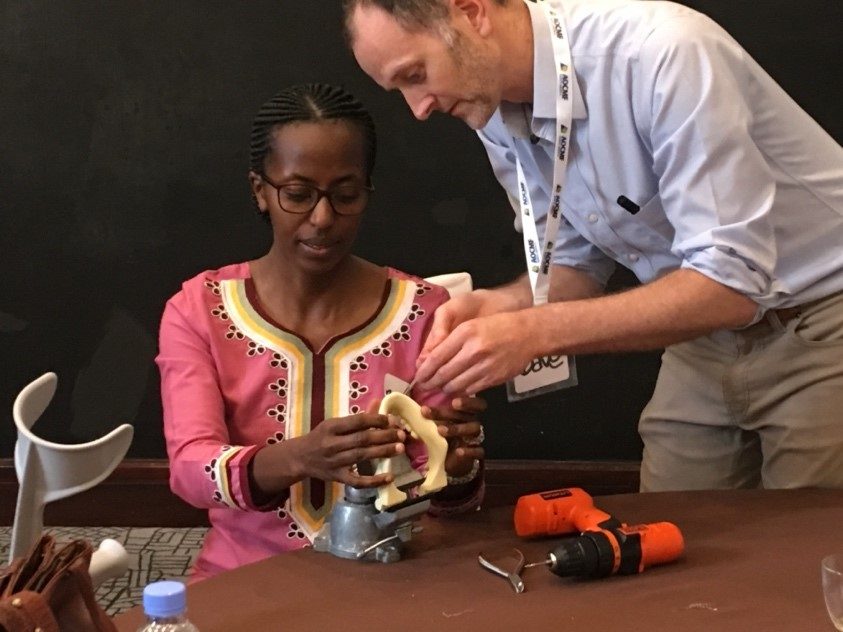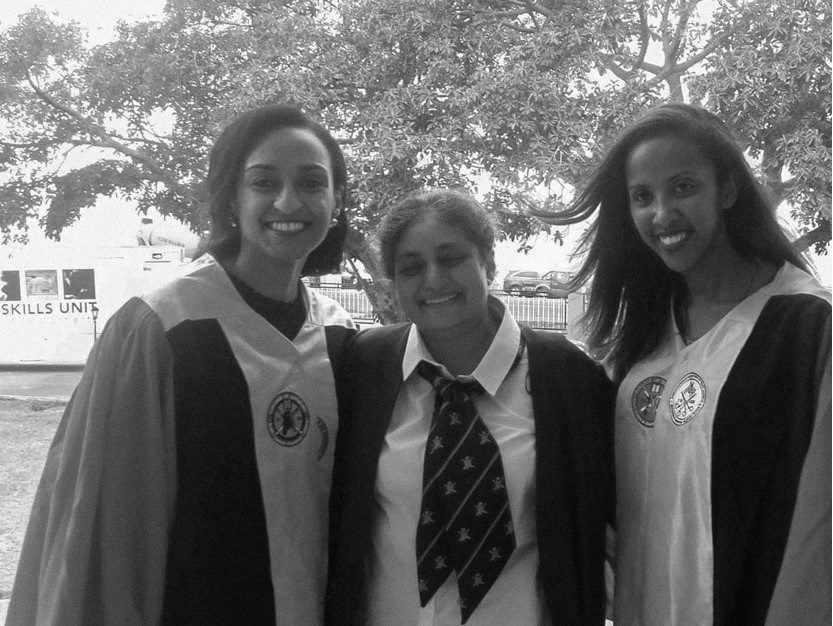On the occasion of the International Year of Health and Care Workers, International Women’s Day is a great opportunity to reflect on initiatives advancing gender equality in the healthcare workforce. The AO Alliance is proud to support women in trauma and orthopedic surgery, and is committed to advancing Sustainable Development Goal 5 (SDG5) to “achieve gender equality and empower all women and girls”.
The trend of increasing representation of women in medical school admissions is not reflected within the field of surgery, where only 12% of surgeons are women.
An even greater gender inequality exists within trauma and orthopedics. The European Federation of National Associations of Orthopaedics and Traumatology (2020) states that the number of female orthopedic surgeons has increased from 4% to 6% over the last decade. Similar trends were observed when comparing nations globally. Only 12% of members of the British Orthopaedic Association were women, along with 6.5% of members of the American Academy of Orthopaedic Surgeons, and 11.2% of practicing Canadian orthopedic surgeons. This is no different in low- and middle-income countries.

“Most people don’t think that women can become surgeons or even doctors,” says Dr Naomi Amuron, an orthopaedic surgeon at the Komi Orthopedic Centre in Komi, Uganda, and AO Alliance faculty. She is the only female surgeon in her hospital and the second of two female surgeons in the entire country.
According to the World Health Organization, Africa has a predicted need for 3.7 million healthcare workers to provide universal health care by 2030. The focus in the medical workforce has been to improve the doctor-patient ratio through the increased enrolment of medical students. Women In Surgery Africa (WiSA), under the umbrella of College of Surgeons of East, Central and Southern Africa (COSECSA), has established a mentorship program for women in surgical training, promoting professional networking and encouraging collaborations.
“Although diversity strategies may vary between nations, the principles they incorporate hold true for all. Diversity attracts the best talent and leads to improved decision-making and innovation in our healthcare organizations. Most importantly, working towards a fair, equitable and diverse profession is a moral and ethical imperative and, quite simply, the right thing to do,” says Claude Martin Jr, managing director of the AO Alliance, which is exploring how best to advance the inclusion of women in trauma and orthopedic surgery with partners such as the International Orthopaedic Diversity Alliance.

Rwandan surgeon participating in an AO Alliance/AO CMF course on facial fracture fixation, Kigali, Rwanda, February 2019.

Left to right: Drs Mahder Eshete (Ethiopia), Deepa Bose (United Kingdom) and Nardos Worku (Ethiopia) at the COSECSA graduation, Maputo, Mozambique, December 2017.
